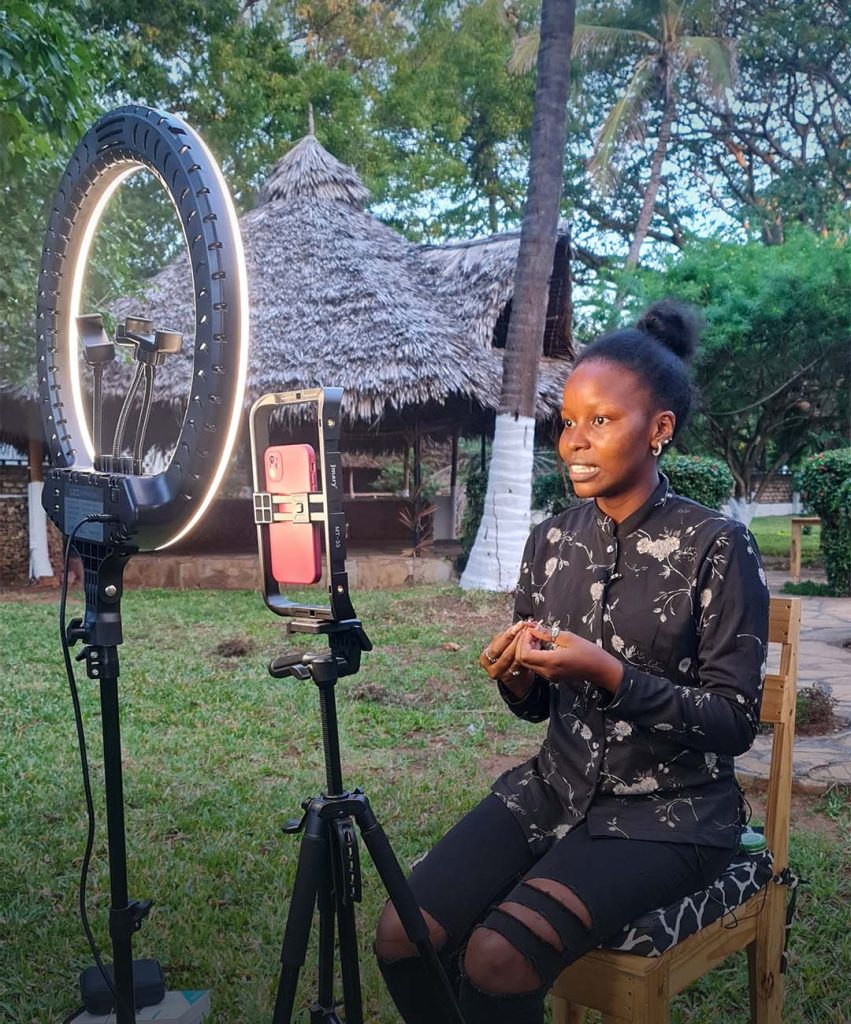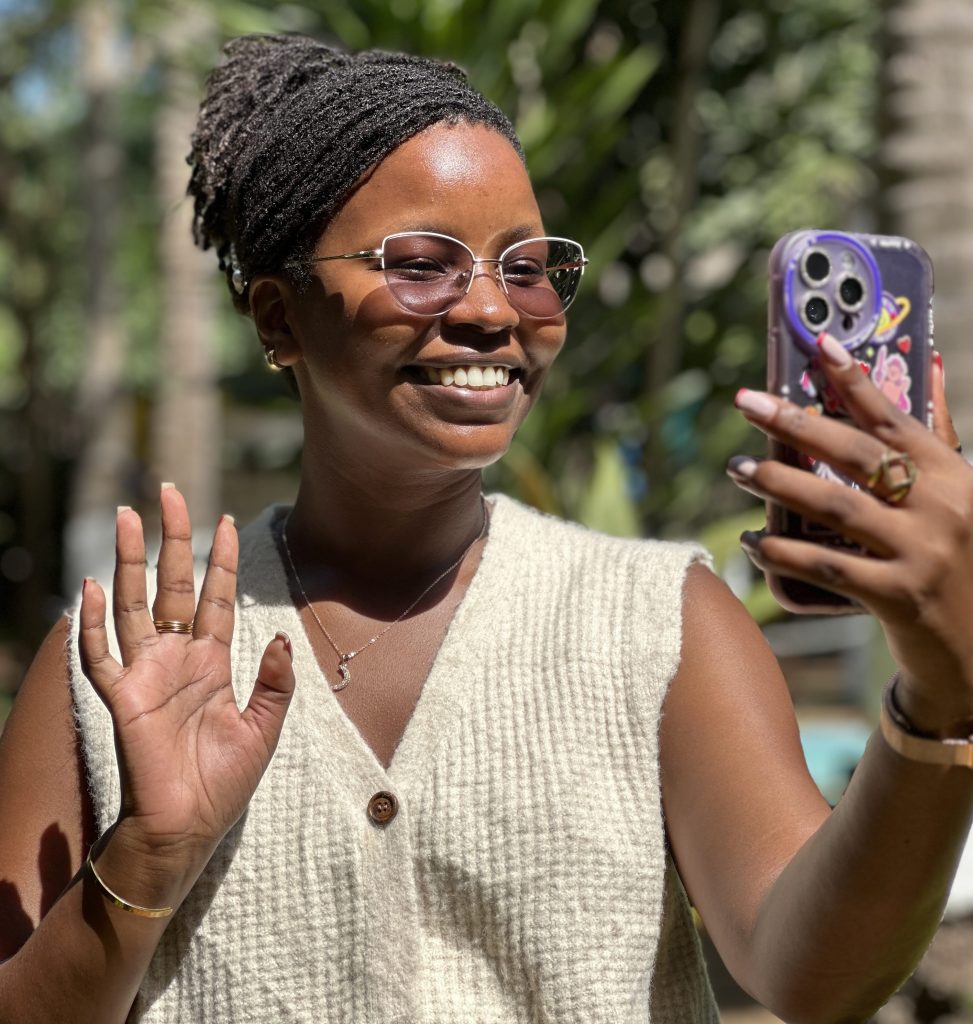Music is one of the ways that we tell stories, understand our world and make connections with others. Indeed, it is one of the ways that we store our traditions and cultures. Every musician wants to go big and eke out a living out of their talent. But very few (in proportion to the ones who try) actually make it. Kenya’s music landscape is profitable, dynamic and overcrowded, and so artists have to be versatile to remain relevant.
But like in many other things, rural musicians are overshadowed by their urban counterparts. They have to work a lot harder to keep up the pace. Meanwhile, they have to contend with the problems of rurality — such as low network reach, little access to good production equipment, little access to capacity building facilities, illiteracy, competing priorities like looking for daily meals and others. And while success in music may not be hinged necessarily on ones location, it plays a critical role.
We had a meet-and-talk with 16 musicians of different genres over a cup of tea and mahamris to get to hear about their experiences as musicians in a rural place. Our focus was to get them to share personal stories related to their pursuit of music success in an attempt to create the beginnings of a strong bond. They opened up about their struggles with motivation, finances and growth. We also discussed opportunities within their reach that they could begin to take advantage of.
- No Mentorship: Among the things that these mostly-twenty-something-year-olds are desirous is mentorship. ‘Ningepata mtu anishike mkono anionyeshe jinsi ya kufanya muziki wangu, basi ningekuwa mbali.’ [If I had a mentor to guide my music career, I would now be very far ahead], wished one of the musicians. Established musicians are far from the reach of inexperienced musicians. It leaves them to navigate on their own, occasionally deriving lessons from youtube interviews (if they are lucky to have good internet and a smartphone).
“Kuna wasanii wengi sana hapa Malindi wanaozea tu vijijini na kwenye drugs.” [There are many artists wasting away in the village and in drugs], said one of the boys. Had they mentors, then they would be exposed to modern trends and would manage their careers better.
- Music does not pay: For all of them, music ranks just about last as far earning them money is concerned. In fact, the most successful musician in the group has only ever made KES 5,000 (USD 50) at a local show. From the way they talked about it, we could feel their immense frustration with being known as musicians but having nothing to show for it. “Walio nyuma yetu hawana morale ya kuingia katika muziki kwa sababu wanatuangalia wanaona sisi bure.” [Younger kids do not have the motivation to get into music because they look at us and see nothing]. This is one of the key reasons why they wind up exploring their talents even less.
- Branding: A lot of young people struggle to position themselves to leave the impressions they desire. Here in Malindi, musicians are not taken seriously because of the way they look and conduct themselves. Many work two jobs, the second one being unpredictable casual labour. Going along with the perception that musicians are well-to-do, they fall short. A lot of them dropped out of school, and are now battling an addiction. Additionally, they do not have the wherewithal to spend on grooming, good quality production services etc.
They also struggle to place monetary value on themselves and their work. As such, they are exploited by event organisers who have found a way to milk their talent for little or no pay.
Online, some of them have tried to attract eyeballs to their art by publishing their music on Facebook and Youtube). But many don’t actively push their content because they lack internet bundles, do not have a phone or do not have the time.
- Support: Just as with the photographers, this was the first time that musicians in Malindi were sitting together to just talk about their music careers. When we asked why they don’t do regular meetups, they informed us that apart from being busy with their day jobs, it is generally very difficult to bring youths together in Malindi without incentivising them with money. Everyone would rather be doing something else than be in a meeting at which’s end they won’t get some money. As a result of this, collaboration and information sharing is just about non-existent.
Aside from that, they expressed their frustration at the County Government’s failure to support the talents of youths. They told us that they are aware of monies that are set aside during budgeting to support the development of arts and culture, but these funds never find their way down to their intended beneficiaries. “County huwa imepeana pesa ya kusupport wasanii. Hatujaona hata shillingi tano!” [The County releases money to support artists. We have not seen even a thing!].
Frustratingly, they are treated as second best in so far as events and being played on radio is concerned. It worries them that they have to bribe people to be allowed to do as mere acts as curtain raise for other more prominent artists, or to even be played in community radios. To them, we learnt, it feels like a deliberate effort to stunt their growth.
- Envy and Sabotage: It was interesting to learn that because of how scarce opportunities are here, everyone selfishly scrambles for the little that presents itself. It ranges from spreading falsehoods, bad mouthing each other and even outright physical fights. “Tuambiane ukweli hapa. Kuna baadhi yetu hawapendi kuona wengine wakifanya vizuri. Wivu ndio unatumaliza!” [Let us be frank with each other here. Some of us don’t like seeing others succeeding. It is jealousy that is finishing us!].
- Fear: Many rural youths that we have interacted with live in fear of the government. In the meetup, for example, the musicians told us that they refrain from composing works critical of the government and politicians because they have seen people who have done that disappearing mysteriosly, being beaten up by unknown people or even being denied opportunities. They sited the case of King Kaka, a popular musician in Kenya who released a song called Wajinga Nyinyi in 2020. In the song, the artist lays bare the corruption that plagues Kenya, saying that Kenys is ran by thieves. It provoked some political leaders who responded fiercely through social media. It didn’t help that the rapper later suddenly disappeared from the media because of an illness.
Our work with musicians is similar to what we are doing with photographers. To start with, we formed a WhatsApp group and added everyone who attended the meetup. The goal of this group is to facilitate easy access flow of communication and access to each other.
We want to help them become better musicians by improving their mental models, building technical capacities to do better music, building their brands online and offline and most importantly, getting them to work together more. Additionally, we would like to see how we can empower them to be community monitors who highlight the issues around them through their music.
So far, we are encouraged by how creatives in Malindi have received our Kibaraza meetups. We are excited at the ideas we have of achieving our goals. We welcome any ideas that you might have on how we can scale this program up — please share in the comments section below.


